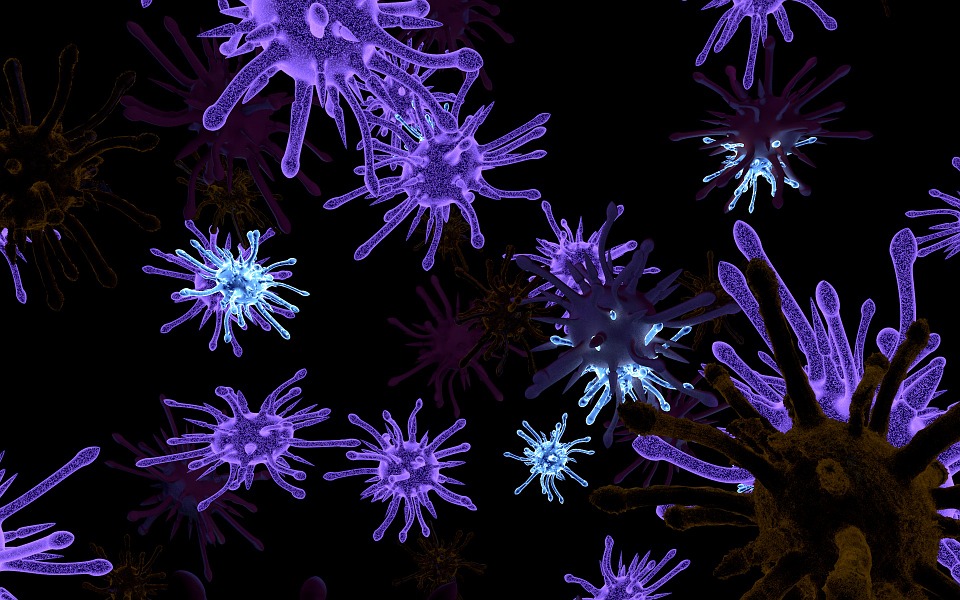Influenza is a highly infectious respiratory disease caused by influenza A virus. Migratory waterfowl, particularly ducks, consititute by far the largest natural reservoir of the virus and are the main source of infection of domestic birds and other animals. Influenza epidemic among domestic fowl can bring enormous financial losses, especially in countries of European Union, which is one of the largest poultry producers in the world.
Influenza viruses are characterized by high genetic variability and propensity for mutation. H5 serotypes are particularly dangerous, because they have repeatedly demonstrated the ability to infect both birds and humans (e.g. the H5N1 strain responisble for „bird flu” in the early 21st century). Rapid, sensitive and inexpensive methods of identifying and differentiating between strains of influenza virus, as well as vaccines, are therefore needed for effective control of the virus and outbreak prevention. Existing methods of vaccine production are slow and insufficient, particularly in the event of influenza pandemic. Immunization with these vaccines often results in undesirable side effects. DNA vaccines and vaccines based on recombinant HA virus proteins offer useful altrnatives.
Monoclonal antibodies (Mab) against hemagluttinin of H5 serotype viruses, created at University of Gdańsk, can be used to isolate the HA proteins necessary for development and production of new, effective influenza vaccines. Moreover, aforementionned antibodies can be used in screening tests allowing for effective differentiation between vaccinated animals and infected individuals, which is indispensable for avian influenza prevention programs.
Technology related to offer no. 043/2017/1

